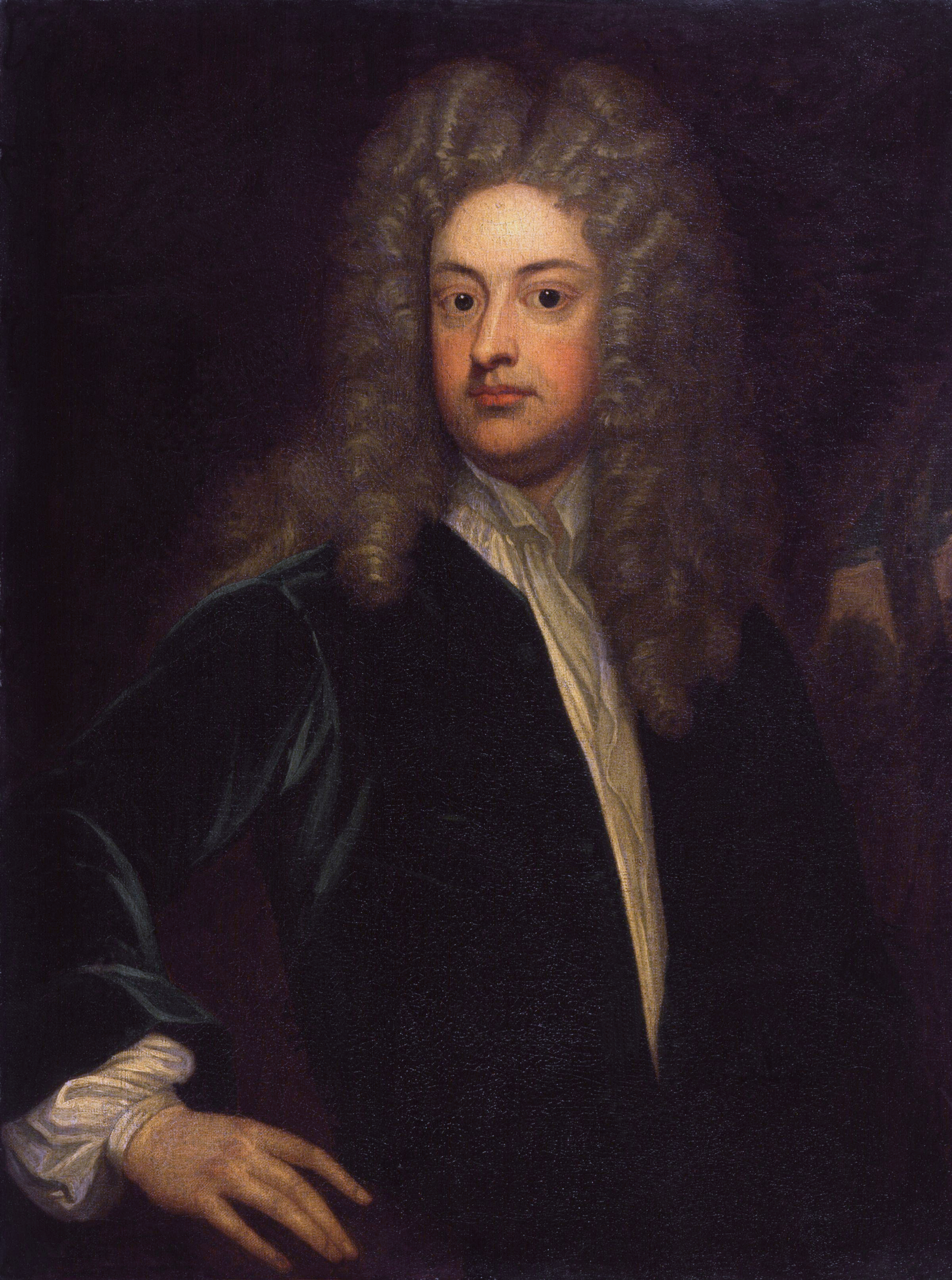Joseph Addison nejznámější citáty
Joseph Addison: Citáty o lásce
„Vše, co je v lásce bez obtíží, je její zkázou.“
Varianta: Vše co je v lásce bez obtíží, je její zkázou.
Joseph Addison: Citáty o lidech
Joseph Addison citáty a výroky
„Nic v přírodě není tak nestálé jako dámský účes.“
Originál: (en) There is not so variable a thing in nature as a lady's head-dress.
Zdroj: [Addison, Joseph, 1863, Addison's humorous essays, selected from the 'Spectator', 96, angličtina]
„{…] radost udržuje v mysli určitý druh světla a vyplňuje ji opakujícím se neustálým klidem.“
Zdroj: [Exley, Helen, Pro klid v duši 365 : Citáty na každý den, Zuzana Pavlová, Slovart, Praha, 2018, 368, 978-80-7529-518-7, 3]
Joseph Addison: Citáty anglicky
No. 256 (24 December 1711)
Often only the first half of this statement is quoted
The Spectator (1711–1714)
“From hence, let fierce contending nations know,
What dire effects from civil discord flow.”
Act V, scene iv.
Cato, A Tragedy (1713)
No. 256 (24 December 1711)
The Spectator (1711–1714)
No. 47 (24 April 1711).
The Spectator (1711–1714)
No. 412 (23 June 1712).
The Spectator (1711–1714)
“Modesty is not only an ornament, but also a guard to virtue.”
No. 231 (24 November 1711).
The Spectator (1711–1714)
No. 162 (5 September 1711).
The Spectator (1711–1714)
“Much might be said on both sides.”
No. 122 (20 July 1711).
The Spectator (1711–1714)
Varianta: Much may be said on both sides.
No. 94 (18 June 1711).
The Spectator (1711–1714)
No. 224.
The Tatler (1711–1714)
No. 494 (26 September 1712).
The Spectator (1711–1714)
“Beauty soon grows familiar to the lover,
Fades in his eye, and palls upon the sense.”
Act I, scene iv.
Cato, A Tragedy (1713)
Cato, A Tragedy (1713)
Varianta: "When love once pleads admission to our hearts..."
Act IV, scene i. The last line has often been misreported as "He who hesitates is lost", a sentiment inspired by it but not penned by Addison. See Paul F. Boller, Jr., and John George, They Never Said It: A Book of Fake Quotes, Misquotes, & Misleading Attributions (1989), p. 3.
“There is nothing which we receive with so much reluctance as advice.”
No. 512 (17 October 1712).
The Spectator (1711–1714)
“Curse on his virtues! they've undone his country.”
Act IV, scene iv.
Cato, A Tragedy (1713)
No. 243 (8 December 1711).
The Spectator (1711–1714)
“Mutability of temper and inconsistency with ourselves is the greatest weakness of human nature.”
No. 162 (5 September 1711).
The Spectator (1711–1714)
Spectator, No. 444.
Bartlett's Familiar Quotations, 10th ed. (1919)

